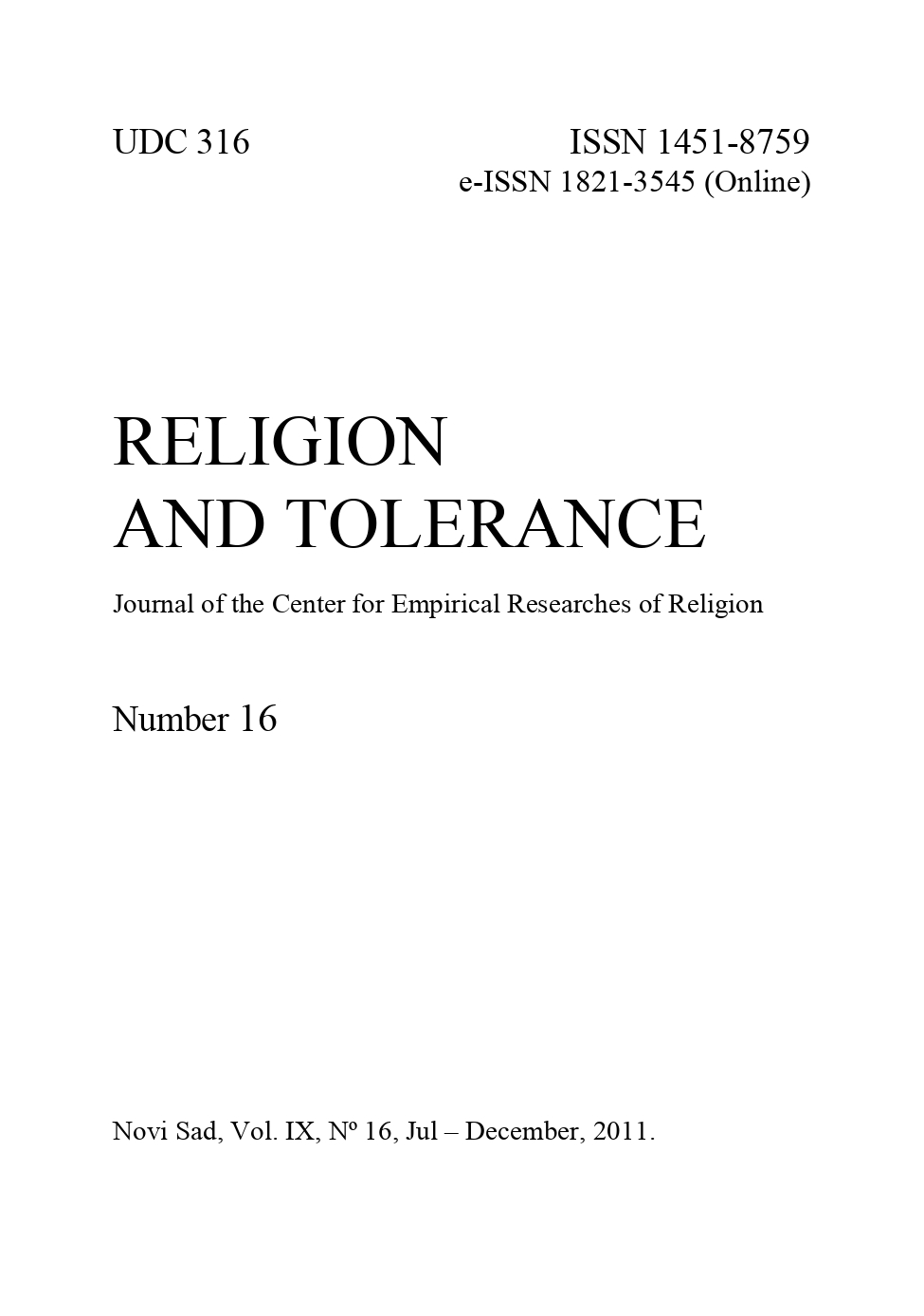SOCIJALNO INTUICIONISTIČKI MODEL I KRITIKA DEONTOLOŠKIH POSTAVKI KOLBERGOVE TEORIJE MORALNOG RAZVOJA
THE SOCIAL-INTUITIONIST MODEL AND THE CRITIQUE OF DEONTOLOGICAL PRESUPPOSITIONS OF KOHLBERG'S MORAL DEVELOPMENT THEORY
Author(s): Aleksandra D. JovanovićSubject(s): Theology and Religion, Psychology of Religion
Published by: Centar za empirijska istraživanja religije (CEIR)
Keywords: Moral psychology; Lawrence Kohlberg; Social intuitionism; Johnathan Haidt; Joshua Greene
Summary/Abstract: This article gives an overview of the contemporary debate in psychology of morality between rationalists and intuitionists, that is shaped trough the critique of deontological presuppositions in Kohlberg's theory of moral development. The author gives a short outline of the deontological assumptions Kohlberg starts with, and the charges by Johnathan Haidt and Joshua Greene that rationalist position can not explain the complexities of moral decision-making. The intuitionist approach to morality has posed considerable challenges to rationalist positions in recent years. The main claim of the intuitionists is that moral decisions are caused by quick moral intuitions, and that moral reflection is post hoc and unnecessary. Haidt offered an alternative to the rationalist model of morality with his social-intuitionist model. The basic presupposition of this model is that moral judgment is very much like aesthetic judgment – while witnessing an action or hearing a narrative, a person has an immediate sense of approval or disapproval. After analyzing both positions, the author claims that rationalist models can answer to intuitionist criticism and explain the phenomenon of heuristics in moral decision-making. An argument for the rationalist position is that previous rational decisions may become quick or automatic, i.e. post-thought intuitions. Although the debate between rationalists and intuitionists has a long history, the differences are not insurmountable. Both sides agree on the fact that humans have emotions and intuitions, that they make rational decisions, and that other peoples judgments influence these decisions. The article concludes that the challenge facing moral psychology is to determine how these processes fit.
Journal: Religija i tolerancija
- Issue Year: 9/2011
- Issue No: 16
- Page Range: 257-272
- Page Count: 16
- Language: Serbian

